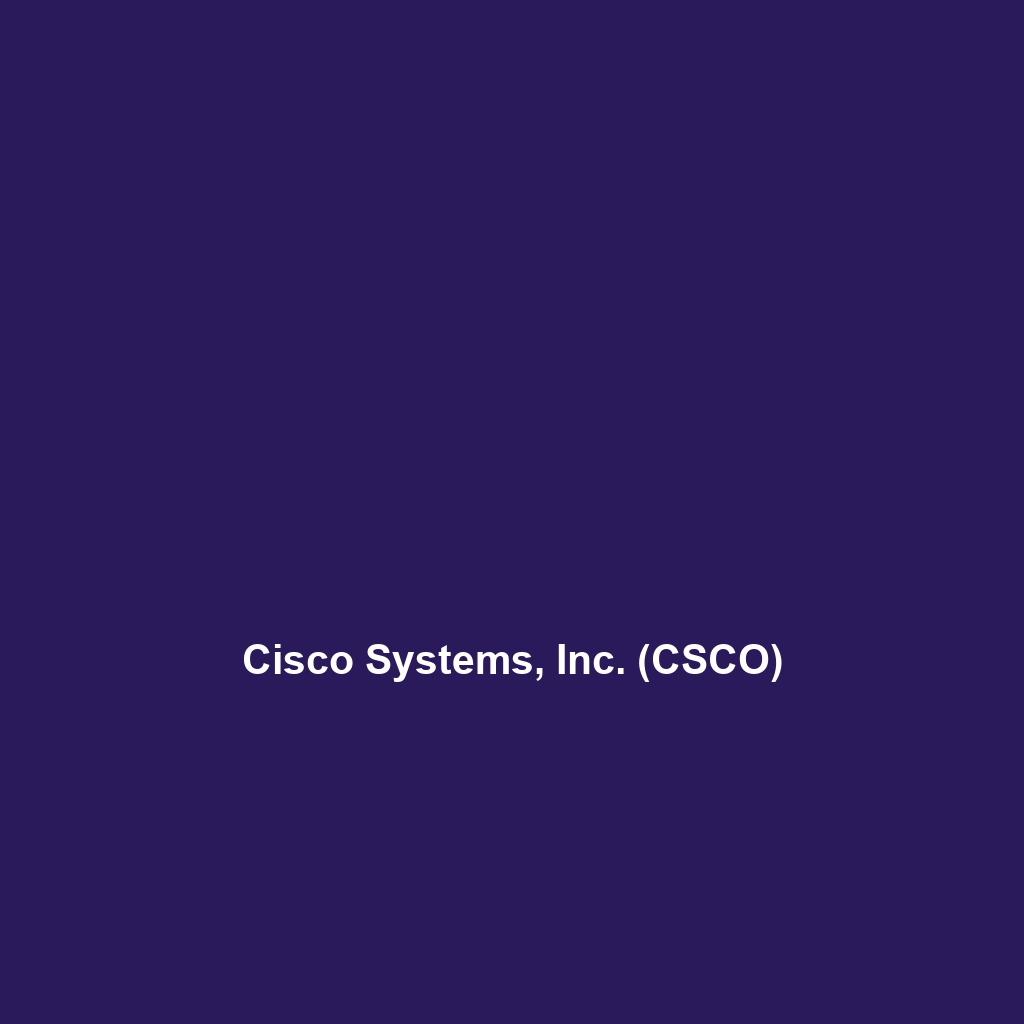Your cart is currently empty!
Tag: remote work

Ken Griffin Sells Chicago Penthouses for a 44% Loss
Ken Griffin Sells Chicago Penthouses for a 44% Loss
Billionaire Ken Griffin, the founder and CEO of hedge fund Citadel, has made headlines this week after selling two unused penthouses in Chicago at a staggering loss of 44%. This move marks a significant shift for Griffin, who has been a prominent figure in the Chicago real estate market. With these sales, Griffin officially exits the Windy City, signaling a new chapter in his business and personal life as he relocates to Florida.
Details of the Sale
Griffin sold the combined properties for approximately $19 million, a drastic reduction from the $34 million he reportedly paid for them. The two penthouses, located within the 1000M building in the South Loop neighborhood, had remained largely unused, further compounding the decision to unload them.
Both units offered sweeping views and luxury finishes, including top-of-the-line appliances and expansive outdoor spaces. However, the substantial loss incurred highlights the challenges faced by high-end real estate in urban centers, especially amid fluctuating market conditions.
Market Context
The transaction occurs against a backdrop of declining property values in Chicago’s luxury market, which has experienced difficulty following the COVID-19 pandemic. The trend of businesses and wealthy individuals moving out of major metropolitan areas to more suburban or different locales has only accelerated in recent years. In particular, Miami has emerged as a popular choice for affluent individuals seeking favorable tax conditions and warmer climates.
According to data from Real Capital Analytics, high-end residential property sales in Chicago declined by approximately 10% year-over-year as of Q3 2023. This shift raises questions about the future of luxury real estate in the city, particularly as more individuals prioritize different lifestyle choices enhanced by remote work capabilities.
Griffin’s Business Landscape
Ken Griffin is not just a real estate mogul; his hedge fund Citadel is one of the leading financial firms globally. With a net worth estimated at over $29 billion, Griffin’s financial successes have allowed him to invest heavily in real estate. However, these fluctuations in the market illustrate the inherent risks associated with such investments.
Seth A. Pinsky, a real estate expert and former president of the New York City Economic Development Corporation, stated, “When you’re in the luxury market, you’re not just selling a property; you’re selling a lifestyle. Economic shifts can shift consumer preferences rapidly, particularly in high-value sectors.”
The Impact on Chicago
Griffin’s departure from Chicago will mark the end of an era for the billionaire, who has been synonymous with the city’s financial resurgence. His philanthropy and investment in local education initiatives have made a lasting impact on the community.
City officials and local business leaders have expressed concern that such high-profile exits could deter other potential investors. “While one individual’s exit may not represent a trend, it does highlight some underlying challenges our market must address,” noted local economic analyst Brian O’Leary.
Looking Ahead
As Griffin turns to Florida, where he has purchased a $200 million penthouse, the broader implications of his Chicago exit remain to be seen. Investors and analysts alike will be monitoring how other affluent individuals react in this shifting landscape. The transition may signify a wider trend of increased investments in states with appealing tax structures and climates.
Furthermore, the Chicago real estate market faces pivotal changes ahead. As residents and businesses continue to adapt to a post-pandemic world, local leaders must devise strategies to attract and retain investors like Griffin, who have the potential to shape the economic landscape.
Conclusion
Ken Griffin’s sale of his Chicago penthouses at a considerable loss underscores the volatility of the high-end real estate market, compounded by broader economic dynamics. As he embarks on his new journey in Florida, his exit leaves a significant void in Chicago’s luxury market that will require careful navigation by local stakeholders. For now, the future of Chicago’s affluent community remains uncertain, but the outcomes of such high-profile moves will undoubtedly shape its trajectory.

Expedia Group, Inc. (EXPE)
Summary
Expedia Group, Inc. (NASDAQ: EXPE) is a leading global online travel company that offers a diverse range of travel-related services. Founded in 1996, the company operates multiple travel booking sites, including Expedia.com, Hotels.com, and Vrbo, catering to various travel needs such as accommodation, flights, car rentals, and vacation packages. With a strong presence in North America and Europe, Expedia aims to simplify the travel experience by leveraging technology to help consumers easily plan and book their trips.
News
Recent developments at Expedia Group, Inc. highlight its continued recovery post-pandemic, with an increase in travel demand boosting revenue. In the latest earnings report, the company announced a robust growth in bookings, surpassing pre-COVID levels. Additionally, Expedia is investing in technology and marketing initiatives to enhance user experience and expand its reach in emerging markets. Analysts suggest that the ongoing trend of remote work will further support travel service growth, as more individuals seek flexible travel options.
Research
Research indicates that Expedia Group holds a strong competitive position in the online travel market. Its diverse portfolio of travel brands allows for cross-selling opportunities and customer retention. Market analysts are optimistic about the company’s future earnings potential, given its strategic partnerships and emphasis on customer service. Furthermore, Expedia’s utilization of big data and AI tools aids in personalizing travel offers, thus driving higher conversion rates.
Charts
Historical stock performance charts show fluctuations in Expedia’s share price, reflecting the company’s resilience during economic downturns. Recent trends reveal a positive trajectory, with the stock price increasing as consumer travel continues to rebound. Key technical indicators suggest that EXPE could maintain its bullish momentum in the coming quarters if current travel demand persists.
Community
The Expedia community comprises millions of customers worldwide, including travel enthusiasts, families, and business travelers. The company engages with its community through various channels, including social media, forums, and user feedback portals, fostering a culture of loyalty and engagement. Customer reviews and ratings play a significant role in enhancing the credibility of the services offered by the company.
Statistics
- Market Cap: 19 billion,
- P/E Ratio: 22.35,
- Dividend Yield: 0.00%,
- 52-Week Range: 81.45 – 132.18,
- Average Volume: 2.5 million shares
Financials
- Revenue: 11.5 billion,
- Net Income: 1.2 billion,
- Cash Flow: 1.5 billion
Historical Data
Expedia’s historical data demonstrates a consistent growth trajectory since its inception. Following the global pandemic, the company’s rebound has been significant, with improved quarterly earnings and enhanced customer loyalty. This data points to a strong recovery phase, indicating good prospects for long-term profitability.
Profile
Expedia Group, Inc. is headquartered in Seattle, Washington. The company operates through various segments, including Retail, B2B, and Vacation Rental Services. Its mission is to power global travel for everyone, everywhere by providing the best possible experience to its users while maintaining sustainability and corporate responsibility as core values.
Analysis
Analysts regard Expedia Group as well-positioned to capitalize on growing travel demand, particularly in vacation rentals and leisure travel. The company’s investments in technology and marketing are expected to yield significant returns as they increase market capture rates. Furthermore, partnerships with airlines and hotels enhance Expedia’s competitive edge, allowing for a comprehensive travel solution.
Options
The options market for Expedia Group reflects growing investor confidence, with a notable increase in call options being exercised. This trend indicates bullish sentiment among traders, who anticipate further price appreciation in the stock amidst rising travel demand and robust financial performance.
Holders
Expedia Group’s ownership structure features a diverse group of institutional investors who play a crucial role in the company€„¢s governance and strategic direction. Shareholder engagement remains crucial, with efforts in place to communicate effectively with stakeholders regarding company performance and future growth strategies.
Sustainability
Expedia Group is committed to sustainability and responsible travel. The company has implemented initiatives aimed at reducing its carbon footprint and supporting eco-friendly travel options. By collaborating with various partners, Expedia aims to promote sustainable practices among travelers and service providers alike.
Key Executives
Top Institutional Holders
- Vanguard Group,
- BlackRock,
- Fidelity
For up-to-date financial news and expert insights, visit UpCubeMoney.com.


